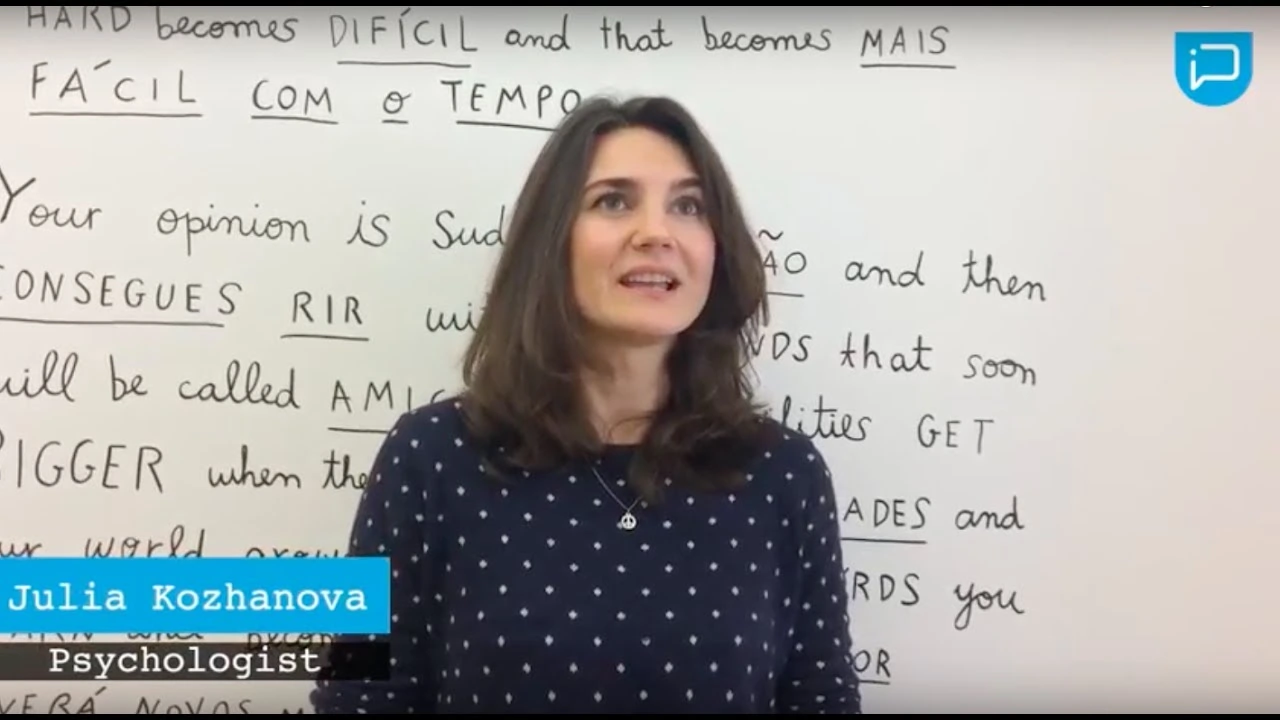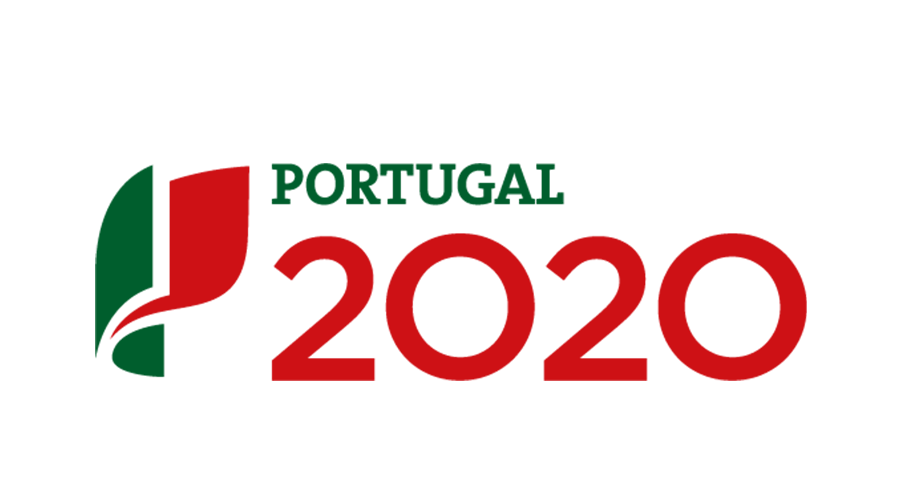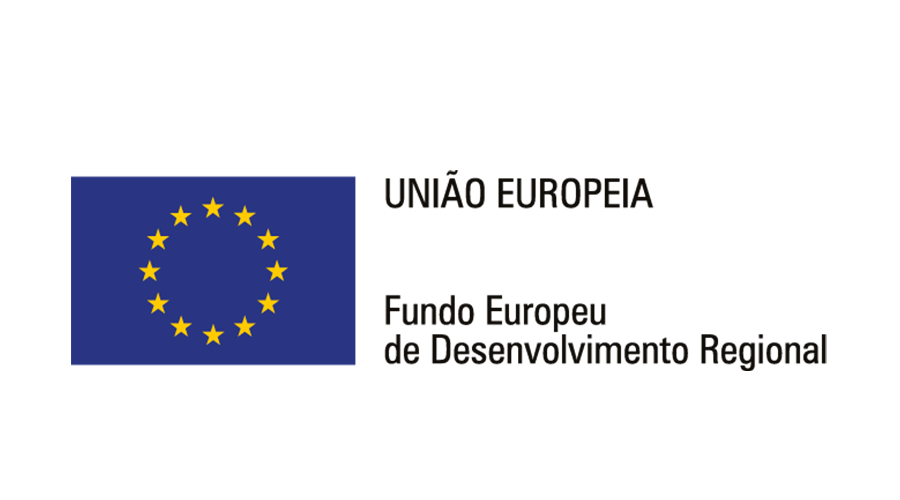Given the fact that Portuguese is one of the most spoken languages worldwide, it’s no surprise that you show an interest in wanting to learn how to avoid common mistakes when speaking the language as that will tell that you’re not a native speaker. This can be even harder for English speakers as the differences between Portuguese and Spanish are plenty. However, comparisons can still be made in order to help you understand how the Portuguese language works and, therefore, how to avoid making mistakes. We’ve got a list with a few examples if mistakes that non-natives make that are crucial to know by heart if you want to be seen as native speaker.
Mixing up the gender
We can all understand why this is a common mistake and we don’t blame anyone who is not used to giving a gender to everything from living beings, to inanimate objects and adjectives, especially if their first language is not a romantic language like Portuguese or Spanish are, for example. There is no rule to help memorize the genders of objects, especially because, even among romantic languages, these can be different sometimes. For example, the word “planet” in Portuguese is masculine and in French is feminine. The only way to master this is through practice and memorization until it comes out naturally.
Assuming Portuguese is the same as Spanish
It’s true that native English speakers are more likely to be familiarized with Spanish sounds and expressions, and it’s also true that, because Portugal and Spain are neighbouring countries, their languages share many similarities, but Portuguese and Spanish can be quite different. Even though there are several words that mean the same in both languages, their pronunciation is different. Therefore, if you are familiarized with the Spanish language and have a tendency to pronounce Portuguese words with the same cadence and tone as in Spanish, you should practice reading Portuguese words and then texts out loud, as many times as needed in order for you to grasp a feeling of the Portuguese pronunciation of words. This way, no one will doubt that you are not actually a native speaker.
Ignoring or mispronouncing nasal sounds
This can be another tricky thing. Nasal vowels aren’t present in all languages, and English is one of those. It’s another aspect that must be mastered through practice if you wish to sound like a Portuguese native speaker. Words with the sound “nh”, such as “cozinha” (“kitchen”) tend to be mispronounced as “cozina”, thus eliminanting the nasal sound. Other words with the nasal vowels “ã” or “õ” such as “cão” (“dog”) or “avelã” (“hazelnut”) are pronounced with an open vowel instead, since English speakers aren’t simply familiarized with these sounds.
The common mistakes above mentioned are more related to the sound of the Portuguese language, but sadly, there are other mistakes that can be frequently made by non-native speakers and will immediately label them as such. These mistakes occur in vocabulary and consist of mixing up similar words, with similar pronunciations that can be confusing when learning to speak Portuguese. Examples of small differences that, if mixed up, will label you as a foreigner are:
“Por que”/ “Porque”
When translated into English the difference becomes obvious. The first one is “Why” or “For what” (“For what reason…?”, as an example”) and the second one is “Because”. You can also distinguish them as the first one for asking a question and the second one is for answering. It should not be that difficult to learn the difference, since the key aspect is if there is a spacing between the words “por” and “que” or not.
“Mal” / ”Mau”
The main reason for why this can be difficult for non Portuguese speakers is that they sound and look very similar, but they’re actually quite different. “Mal” can either be an adverb or a noun. In order to understand it better, you must see the one as the opposite of “well”. On the other hand, “Mau” is an adjective and can be translated into “bad” or “evil”.
“Mas” / “Mais”
Once you realized the meaning of both of these words you will never make this mistake again. “Mas” means “But” and “Mais” means more. The only difference is one extra vowel that changes the whole meaning and sound.
“Haver”
This verb is used in Portuguese to indicate the existence of something, but also of several things. Unlike in English when we want to point out to the existence of more than one thing (“There are many people in line”, for example), where we use the plural, this verb doesn’t have a plural form, and once you get used to it, you will realise that it actually sounds quite natural. Although, you can change verb tenses, for example: “Havia muita gente na fila” (“There were many people in line”) or “Haverá muita gente na fila” (“There will be many people in line”).
“Obrigado”/”Obrigada”
This common mistake is related to the issue of genders in words that hold the meaning other things besides living beings. Fortunately, this is very easy to master. You only have to match the right gender to your own. For example: a woman will always use “obrigada” since it’s the feminine form, whereas a man will use “obrigado” since it’s the masculine version. There are no exceptions to this, so once you understand the distinction there’s no way you will get it wrong.
There are more mistakes that are made by non-native speakers, but these are the ones that, as someone who wants to sound fluent and native in Portuguese, you should avoid at all costs. The fact that there aren’t specific rules for most of them, which would make the task of explaining them easier, only means that practicing through repetition will have to take part in your learning techniques. Although this can seem like a daunting task, it’s worth the extra effort as sounding like a Portuguese native speaker will help you blend in.








